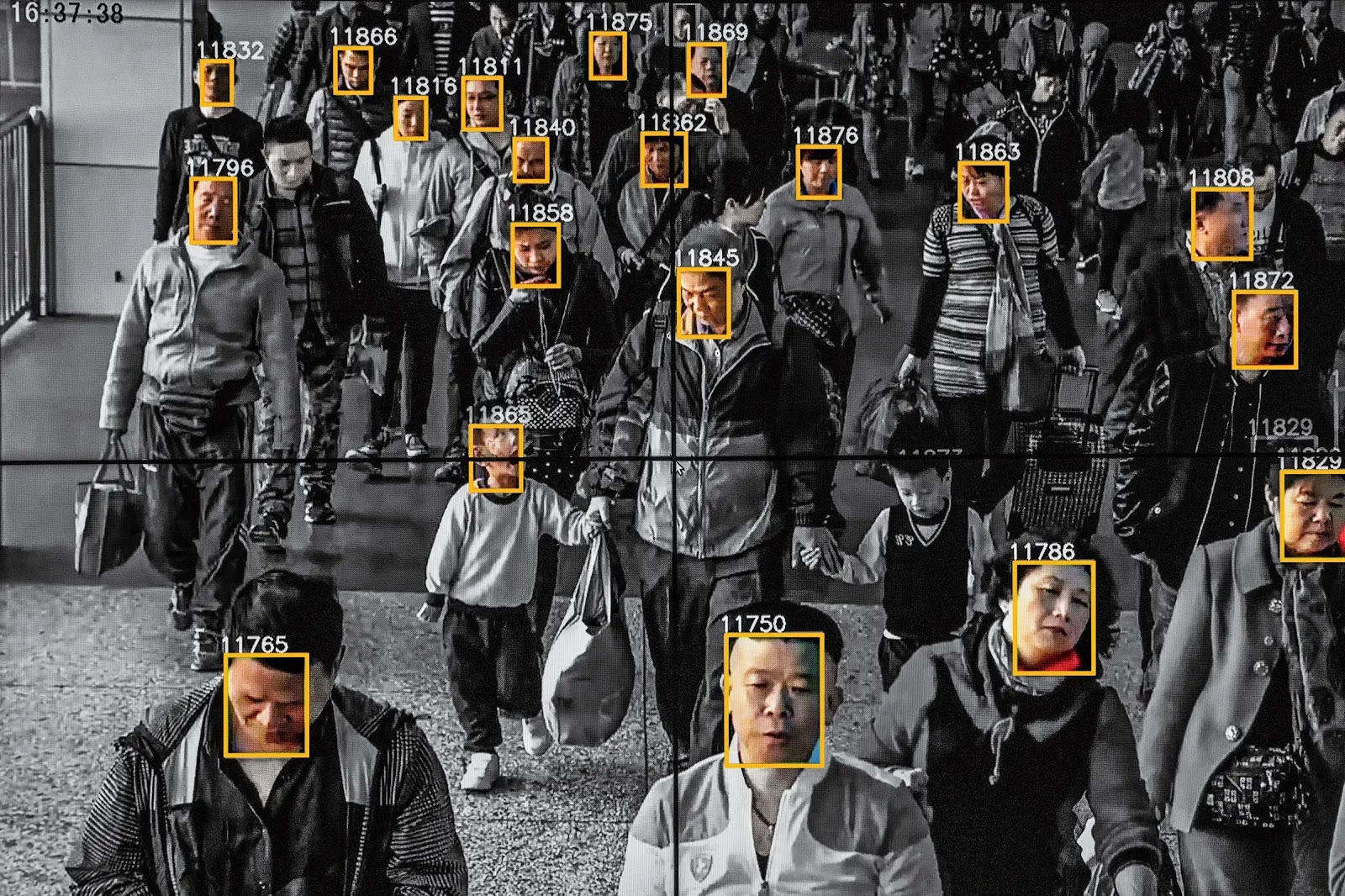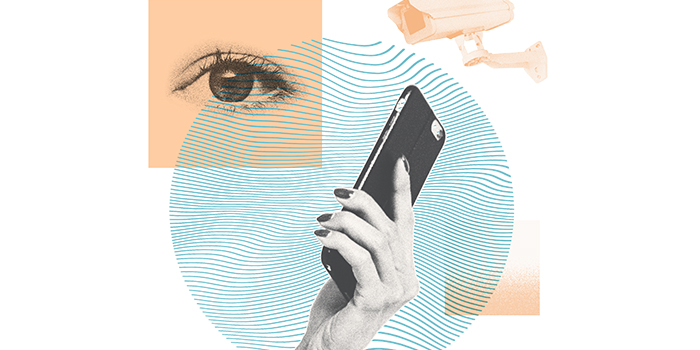One of the several life changing innovations that would be beneficial to take a closer look at, specifically through the Diffusion Theory, would be iPhones. In todays world, majority of people that I know/see with a mobile phone, more often than not have an Apple iPhone.
In a study, it was found that the United States has a very large number of iPhone users, "with 60% of all cellphone users, using an iPhone". Why could this be? Well when you look at it through the lens of the diffusion theory, you can begin to understand why iPhone began to catch on and spread in the first place. The first category in the Diffusion Theory is known as pioneers, these are people that want to be the first to try something, they find new releases, like the iPhone new and exciting, and they aren't afraid to takes risks. This very well could have jump started the large expansion of the iPhone due to the fact that when they iPhone/iPod was first released, we had never seen a handheld form of communication that was touchscreen, in which also held so many different purposes.

In the eye of the Diffusion Theory, you normally see the uptake of products/companies in the Early Adopters and Early Majority sections of this theory. In terms of the iPhone, it is likely that the people who would classify as Early Adopters played a huge role in the sales of the iPhone. There were probably so many Early Adopters for the iPhone due to the fact that these people really like to embrace change opportunities, and a new appealing technology like the iPod and iPhone spark a lot of interest in society when there isn't anything like it, so it is probable that these individuals were itching to get their hands on this new device.
Of course with new technology, not everything can be perfect. There were and still are a large number of people that don't use iPhones, or were pretty late to hopping on the bandwagon; In the Diffusion Theory, these people would be known as Late Adopters or Laggards. It is to be expected that this has a lot to do with money. When the iPhone was first made and still to this day, the prices to own or buy an iPhone are incredibly high, so this sends a lot of people in another direction.
Some negatives I see to the iPhone is that it has become extremely addicting for many people, and ultimately ends up consuming or controlling their lives. Although this can be true for other brands of mobile devices, the iPhone has much of society wrapped around their finger, with all of the utilities and thing they can access, via their iPhone.
In my opinion, I do think that the positives do outweigh the negatives in this situation, mostly for the fact that extensive development of the iPhone have allowed us to spread culture all around the world, made contact with people that mean a lot to individuals much easier and quicker, and when used in the correct way can be an amazing learning tool.









